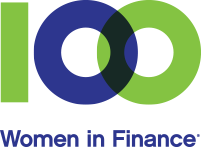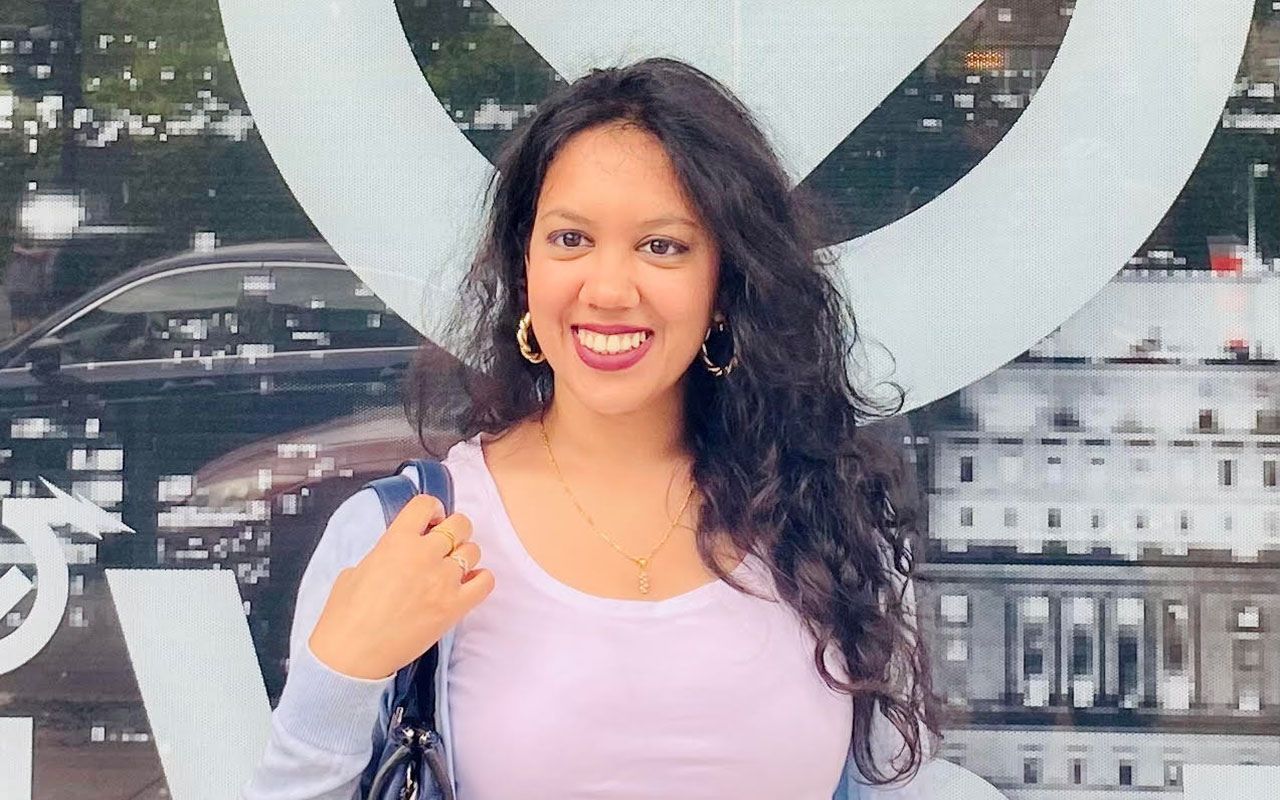By Urmi Hossain
Urmi, you have been working in the finance industry for seven years. Thinking back on your career path we are hoping you can share some of your experiences and learning. Based on what you have experienced and what you have seen others go through.
There are many things I learned in these seven years of experience. Here are a few of them.
Find a mentor:
Find yourself a mentor within the company. If there is a mentorship program, sign up for it and learn as much as you can from an experienced person.
Expand Your Network:
Connect with employees not just from your department, but also from others, and build long-term connections. You never know where one person may be useful.
Be Your OWn Advocate:
When it comes to promotion or change to a new department, you are your best advocate. Stand up for yourself at every moment whether you want a career advancement or get involved in special work projects. It shows you have initiative and enthusiasm.
Take charge of your career path:
If you do not ask, you won’t get – when you find yourself wanting a salary negotiation, an extra vacation week, or more flexibility, don’t be shy and bring these concerns to your boss.
Commit to Continuous Learning:
Learning doesn’t stop once you find a full-time job. It is a long-term commitment. Many companies offer extra training as well as learning opportunities through completion of certifications. Usually, these types of expenses are covered by the company, so you are learning and taking exams for free.
Leverage LinkedIn:
Don’t neglect the power of LinkedIn – throughout your career, LinkedIn will be a great tool for connections as well as branding yourself. Whether it is for an internal role or an external one, potential employers will always use LinkedIn as the main point of reference to find out about you.
Enjoy the Journey:
Working is also about having fun. Be part of any committees your company has as well as participate in social activities such as happy hours, and holiday parties. These are little things that will make your working experience much more enjoyable.
When it comes to building a strong foundation for a career in finance, there are several critical courses and areas of study that can be beneficial. Can you share what you believe those are?
I think anything related to business or math provides a solid foundation for people wanting to study and work in finance.
When we talk about business, we are referring to an ample bundle of subjects such as business communication, business law, accounting, introduction to finance classes, management, entrepreneurship, marketing, and operation management. These are essential for anyone pursuing a finance degree.
In addition, finance is heavily math-based so taking any math classes such as statistics, algebra or calculus will be what you need to go through a finance degree.
What might be the best minor to consider when majoring in Finance?
Having a minor in accounting, economics, or mathematics can be a valuable complement for those pursuing a finance major. As mentioned earlier, finance is a discipline that blends both qualitative and quantitative aspects, with the quantitative dimension rooted in mathematics.
Accounting, much like finance, is a highly sought-after degree within the business field. It serves as the cornerstone for many business decisions, as it helps in organizing, quantifying, and analyzing critical business data. Adding accounting courses to your curriculum can significantly benefit finance students.
Economics, on the other hand, is primarily theoretical. Marrying a finance major with economics courses provides a broader perspective, illustrating the connection between economic theories and finance while shedding some light on the functioning of the economy as a whole.
After completing an undergraduate degree, you have various options for further studies, depending on your career goals and interests. What would you recommend given your experience?
I strongly recommend that every student who completes their studies in finance, and beyond, continues their educational journey. It’s important to emphasize that learning is a lifelong pursuit, extending beyond the borders of formal education. Your commitment to ongoing learning will set you apart in today’s competitive landscape.
In our current job market, where competition is fierce, it’s essential to offer something extra to potential employers. Continuing your studies not only enhances your marketability but also brings personal satisfaction. It can surprisingly open doors you never anticipated.
If your company provides opportunities for continued studies, I encourage you to take full advantage of this benefit. Enroll in as many relevant courses and certifications as you can.
For finance students, there are various options you can embark on depending on your career trajectory. A few that come to my mind are the following:
- CFA program
- CPA Program
- FROM
- CAIA
- CFP
- MBA
- Master of Science (MSc)
- CPM
Before landing your first job and during your next job search can you share with us the benefits of the following:
How have you been able to stand out in a crowd?
I’ll be honest – when I initially embarked on my job search, I didn’t take any extraordinary steps to distinguish myself from the competition. The need to stand out came only three or four years later.
It all started with open dialogues with friends and colleagues where I understood the need for a change. I needed to get out of my comfort zone and get comfortable with the uncomfortable.
With the continuous conversations I had with my previous bosses, I was encouraged to pursue my passions and my desires.
The first step I took to be out of my comfort zone was to learn more about public speaking. Thus, I joined Toastmasters; this experience has opened up tremendous learning opportunities and further skills development such as taking on leadership roles within my own Toastmasters club. It was since then that I started to get a lot more comfortable with what I was doing and developing confidence.
Following this experience, I became more assertive and firm with my career path which translated into taking initiative and taking on more leadership roles in previous workplaces.
Then, I took time to further expand my knowledge in finance. I knew that I always wanted to learn and wanted to take my time to invest in myself so I pursued and completed one of the hardest designations in finance which is the CFA designation.
All these experiences combined have led me to change my character – I became more disciplined, audacious, and more confident and I saw an evolution in me, not just professionally but also personally.
The biggest benefit I saw in myself was the transformation of a Urmi who became more knowledgeable, insightful, and strong-willed. This was all eventually transferred to the people I have been connecting with in the industry which eventually allowed me to be notable
What have been the benefits of active networking?
Are you familiar with this expression – “ your network is your net worth?”
I believe that building a huge network of connections only makes you richer and richer. This concept holds in numerous ways. Cultivating a wide network of connections not only enhances your career prospects but can also unveil unexpected opportunities and help you discover hidden talents.
For instance: I manage a YouTube channel that has attracted the attention of many professionals in the finance sector. Despite its relatively small size, my channel gained interest from huge figures within the finance industry who expressed interest in coming and being interviewed on my channel. Serving as the host during these interviews, not only I established connections with these big figures but also discovered my passion for hosting and presenting.
The key message here is that networking extends beyond making connections with others; it’s about connecting with others to gain a deeper understanding of yourself and the activities that genuinely resonate with you.
You are seven years into your journey, in retrospect what would you have done differently?
I think I would change nothing. I needed to learn from my mistakes to be where I am today. We are not perfect, and if I were perfect to begin with, I would have never found ways to improve myself.
At the beginning of my career, I struggled with networking, personal branding, and promoting myself on LinkedIn. I was always uncertain about what I could offer to the world. I didn’t feel I was good enough and believed I had no skills or accomplishments.
It took conversations with mentors at work to finally understand the value I could offer.
My past career mistakes have helped me explore different paths, grow as a person, and steer myself in the right direction.
My career introspection allowed me to analyze what went wrong and right, acknowledge everything that has gone astray so far, and take action to rectify them.
The biggest lesson learned from this is that we are all humans and mistakes are bound to happen.
Embrace your imperfection and let it be the canvas upon which you paint your beautiful journey of self-discovery and growth.

